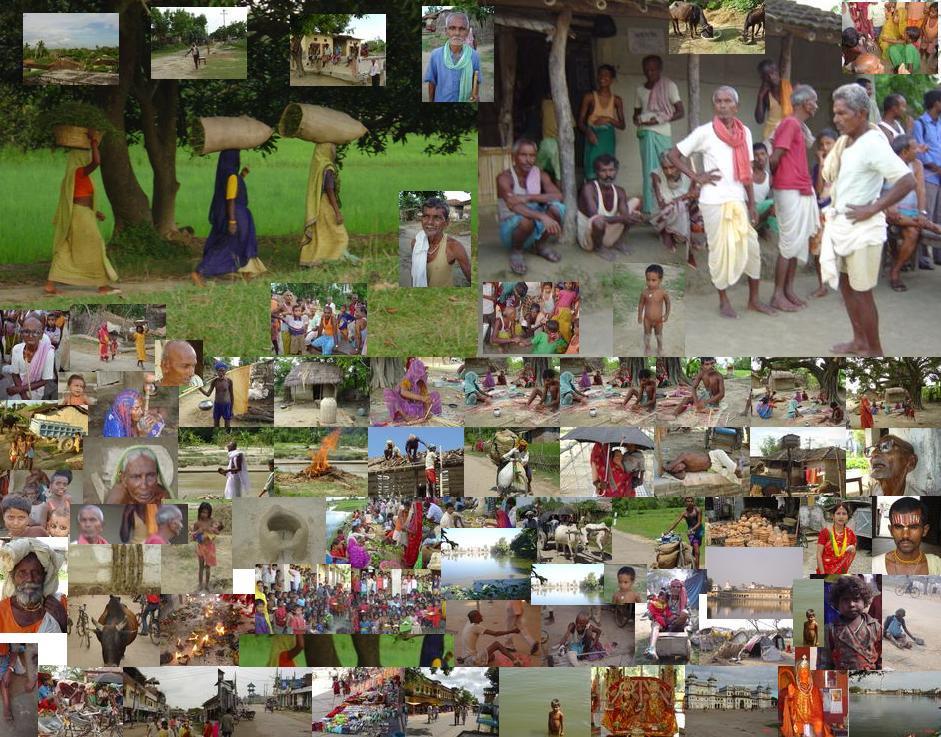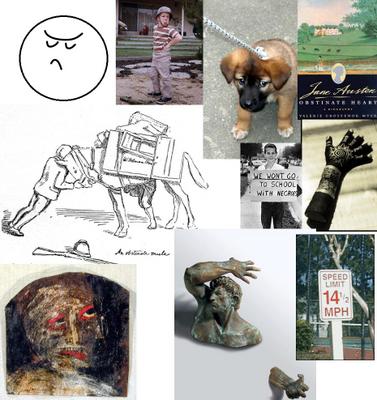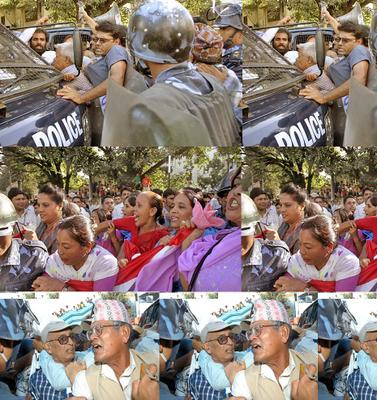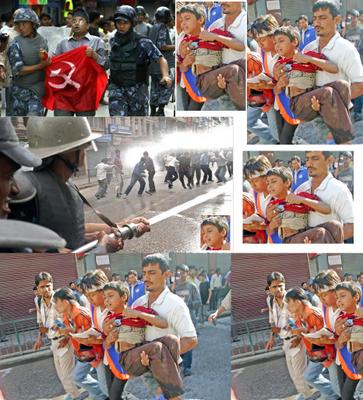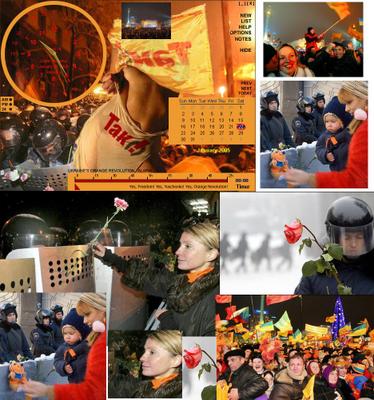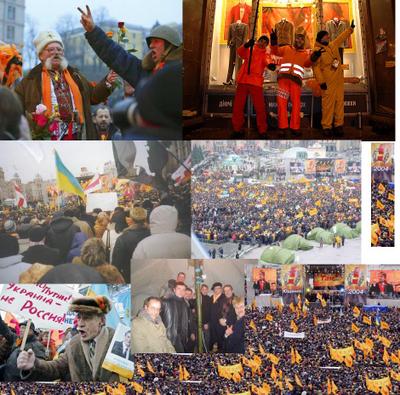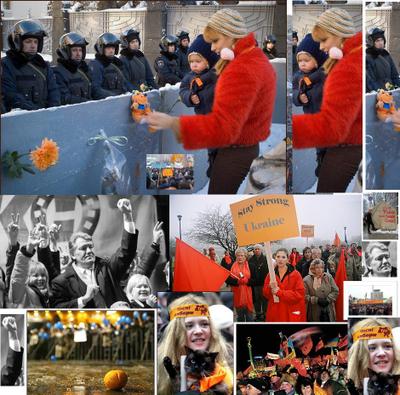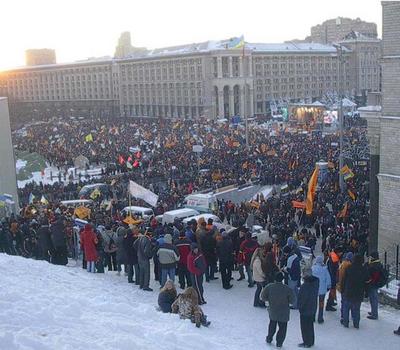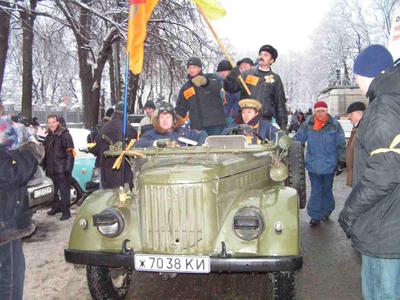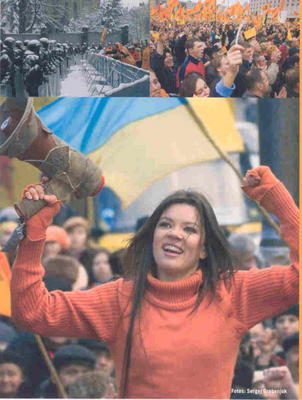
The democrats have no alternative to forming an alliance of steel with the Maoists. And there is also a three month window. Three month is enough time to herald democracy into the country. What could such an alliance look like?
The Maoists have taken two major steps. One, they have made an ideological shift away from classic Maoism, not in a way of surrender, but by recognizing communist theory is supposed to be alive like science, not stagnant like religious dogma. Two, they have made the brilliant military move of a unilateral ceasefire. I could add a third: almost three months back they came with the concrete suggestion that the seven party form a committee to hold concrete dialogue with the Maoists. If there is a better way to hold dialogue with the Maoists for us, I don't know.
We democrats have to acknowledge, appreciate and reciprocate.
The democrats have come up with this idea that the Maoists go one step further and disarm. That is different from the Monarchists saying surrender. We democrats have every right to make such a request. But then the Maoists also have every right to not accept it and still be able to do business with us. If we were in power, we could legitimately ask them to disarm because, well, we already have found a political meeting point: Constituent Assembly. But we are not in power, and we are not in a position to offer the Maoists political or military protection if they were to disarm. So the Maoists have every right to reject our proposal.
So what are our options?
The Maoists already have moved from the goal of a communist republic to that of a democratic republic, and they already have moved from "power flows through the barrel of a gun" to a peaceful transformation of the state. What that means is, if a democratic republic were to materialize, they would disarm even if noone were to ask them to. That is what they are saying. We will not have to convince them to disarm if we can offer them a democratic republic. They will disarm based on their firm internal theoretical analysis. That is the good news. Step 3 has already been agreed on .
We need to work creatively and proactively on steps 1 and 2.
We can still ask the Maoists to disarm, but if they were to reject the proposal as unrealistic, we have to accept that rejection with respect. Then we can say this.
Maintain your ceasefire. The RNA can not legitimately attack you while you are maintaining your ceasefire. They would be violating some serious international laws if they do. Again, this is not a position we are suggesting to them. This is a position they have already moved on to with their own initiative. That applies to your 12,000 or however many armed cadres you have. Freeze them. For now.
As for the rest of your cadres, be they 50,000 or 150,000, mobilize them for massive peaceful, nationwide protest programs. Because you are still an armed political party, we can not legitimately participate in your programs. But we will extend moral support. And we will also organize massive peaceful, nationwide protest programs. And we will do them in all the villages, all the towns. You extend moral support to us. And you make sure our workers do not feel any threat from your workers.
We have moved beyond a Constituent Assembly as our common minimum program. Now our common minimum program is a Democratic Republic.
Once the movement succeeds, and we get hundreds of thousands of people out in the streets for weeks, we are going to declare an interim government. You Maoists are not going to be part of it, although we expect you to extend external support. Governments who were going to walk out on the king during his speech at the UN are going to recognize our government as the legitimate government. Once we have claimed and consolidated power, we are going to hold unconditional peace talks with you. At the end of that process, you completely disarm. Once you disarm, you are going to be invited into the government.
But even to reach this point, we need more than the slogan of a democratic republic. We need a 10-point program. A stickler there could be the land-to-the-tiller land reform program proposed by Dr. Bhattarai that I agree with 110%. I think the UML will come around to the idea. But we also need the Congress to come around to it. It is not possible that BP Koirala was a socialist but was against genuine land reform. But, having said that, if the Nepali Congress were to disagree, not in the person of one Girija Koirala, but through a decision by the central committee after a throrough debate, then we are going to have to accept that stand as their democratic right, and in the best interests of the alliance of steel, we are going to have to postpone the land reform business from step 1 to step 3. I need the Maoists to really understand this part. After the country has a new constitution, and elections are held, and the Maoists emerge as the majority party, or the Maoists and the UML emerge as the majority coalition, the land-to-the-tiller land reform can be implemented with the Nepali Congress still maintaining its disagreeing stance.
So, barring a land-to-the-tiller land reform, what could a 10-point platform look like? I have a suggestion.
- Democratic republic.
- Federalism.
- Abolition of all sexist laws.
- All parliamentary constituencies demarcated on near equal population.
- Land reform.
- Universal and free access to primary health care and secondary education. Major expansion of micro credit.
- All individuals on state payroll to post their family property statements online on an annual basis.
- No fund-raising by parties in the private sector. Instead each gets an annual allowance from the state in size directly proportional to the number of votes it earned in the last national election.
- Progressive income taxation. No direct taxes for people in the bottom 40% income brackets.
- Tri-lingual education policy with equal status to Nepali and Hindi.
And both the Maoists and the seven parties will have to extend full support to the 10 point program. And then the movement really takes off.
The interim government, once formed, has to set up a Truth And Reconciliation Commission to investigate and jail the monarchist crooks. It also looks into nationalizing the illegally amassed properties.
Once the country gets the eight party interim government, it heads into a Constituent Assembly.
That is it.

